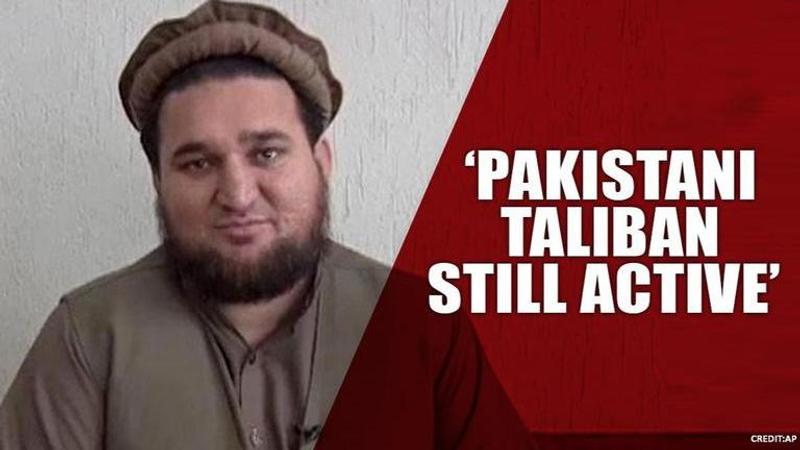Published 08:39 IST, April 4th 2020
'Pakistan Taliban not completely finished' claims absconding Malala Yousafzai's shooter
The terrorist revealed that Pakistani terror groups were eager to join the budding ISIS back in 2014, that it seemed like a "solid and attractive" organisation.

The Pakistani Taliban remains active, despite suffering major losses, the ex-chief of the terror organisation told Al Jazeera on April 3. In his maiden interview to the international news portal, Ehsanullah Ehsan said that the terror organisation and its allies still remains active on the Pakistan-Afghanistan border.
Pakistani Taliban also identified as Tehreek-e-Taliban, is not 'completely finished', the former member said. Further added that the terror organisation has gone 'silent', as a part of the plan and that, they are in Pakistani cities, still capable of plotting terror attacks.
Ehsanullah Ehsan had reportedly surrendered himself to Pakistani authorities back in February 2017, under a claimed agreement that it would be permitted for him to live like a 'peaceful citizen.' The former spokesperson for Pakistani Taliban member Pakistan for the historic peace deal, stating that the US is targetting anti-Pakistan organisation to meet its objectives, here, the Afghan peace deal.
In February 2020, Imran Khan-led Pakistani government confirmed that Ehsanullah Ehsan, who was responsible for shooting Nobel laureate Malala Yousafzai in 2012 and carrying out the ghastly Peshawar Army school carnage in 2014 that killed 148 people, has escaped from prison. In one of his revelations, the terrorist said that Pakistani terror groups were eager to join the budding Islamic State (ISIS) back in 2014, telling Al Jazeera that it seemed like a "solid and attractive" organisation. In April 2017, then Pakistani Army spokesperson Major Gen Asif Ghafoor said that Ehsan had "turned himself in to our security agencies."
'Good Taliban, Bad Taliban'
Playing its hypocritical strategy, Pakistan has always fought against the 'Bad Taliban' that is the Tehreek-e-Taliban, on the contrary, maintained closed-ties with 'Good Taliban' in Afghanistan. The 'Good Taliban, Bad Taliban' approach has fetched Pakistan severe backlash, as the country has failed to crackdown on terror, and often leveraged it as a medium to create unrest in the conflicted parts of Kashmir and in Afghanistan.
Islamabad's Afghan policy has been motivated to counter New Delhi's influence in Afghanistan, considering India's backing for the government of the country, which has brought some democratic normalcy in the war-torn country. Islamabad, by backing the armed group has contradicted New Delhi in Afghanistan, who has significantly contributed economically, culturally to the neighbour, and been the largest regional contributor to the reconstruction of Afghanistan.
Updated 08:39 IST, April 4th 2020




